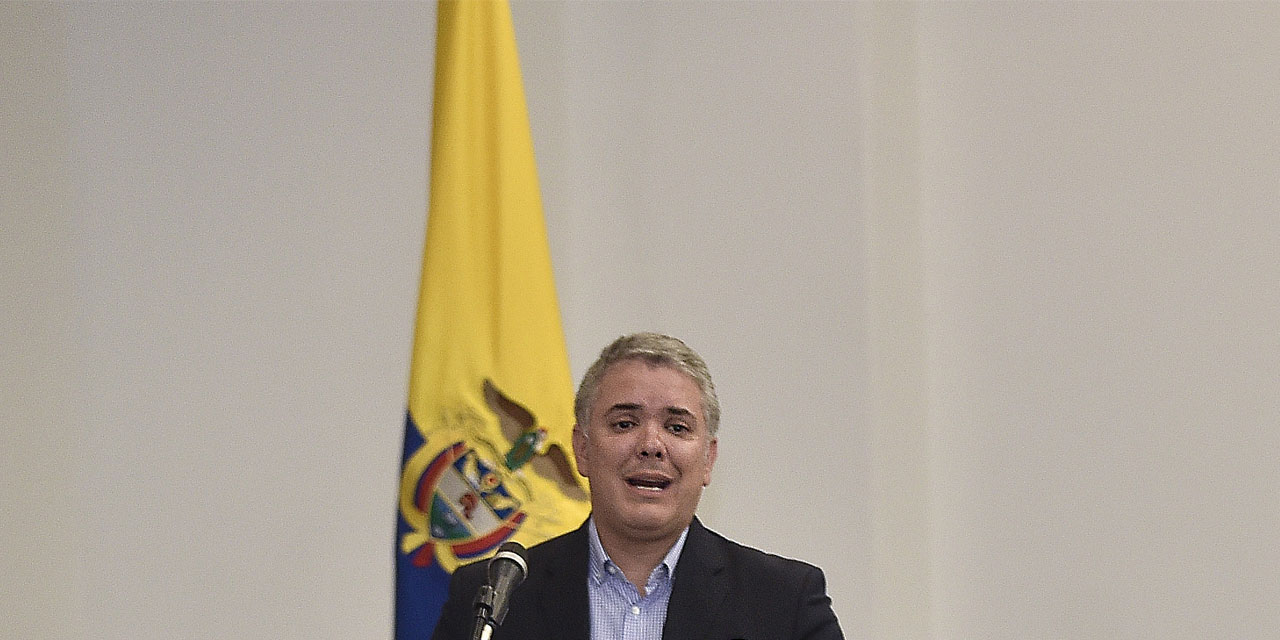President Ivan Duque’s refusal to sign off on Colombia’s war crimes tribunal could end up in a major humiliation as the majority of Congress appears poised to dismiss his objections.
The balance tipped against President Duque in the Senate on Thursday when the right-wing Radical Change (CR) party announced that they will vote against Duque’s objections, together with leftist and centrist opposition parties. This means the President would be forced to approve the law that has been fiercely opposed by his party, the far-right Democratic Center.
According to newspaper El Espectador, the commission in charge of this vote in the House of Representatives is also largely in favor of returning the statutory law of the Special Jurisdiction for Peace exactly as it is.
The basis for CR’s decision is that Duque’s move to object the law was unconstitutional, undermining decisions already made by judicial and legislative branch and judicial court.
The JEP law has already passed through both parliamentary houses and been analysed at length by the Constitutional Court, who approved the specific articles objected by Duque.
The Constitutional Court has already examined the constitutionality of several of the laws passed through the fast track procedure and also of the legislative acts, it would be wrong to revoke those decisions.
Radical Change Senator German Varón
CR has 30 votes in Congress and 16 in the Senate, and has the power to make or break Duque’s controversial proposal to debate six of the articles of the law.
With their opposition, Duque now faces not only opposition parties like the Green Party and the UP, but also independent parties like the Liberal Party and Radical Change. Duque is also defied by a majority of the U Party, despite being technically a coalition partner.
The CR lawmakers, led by former Vice-President German Vargas, took the decision after listening to arguments of Prosecutor General Nestor Humberto Martinez, JEP President Patricia Linares, and the president of Colombia’s Constitutional Court, Gloria Ortiz.
If all CR lawmakers stick to the party line and vote against re-opening the debate on the powers of the war crimes tribunal, Duque has no option but to sign off on the law.
United Nations chief Antonio Guterres, whose representative in Colombia monitors the country’s peace process, urged to seek the effective ratification of the JEP’s statutory law “as soon as possible” last month.
Other international bodies that have supported the peace process were quick to express their support for the JEP after Duque’s controversial move to return it to Congress and ongoing resistance by his party.



